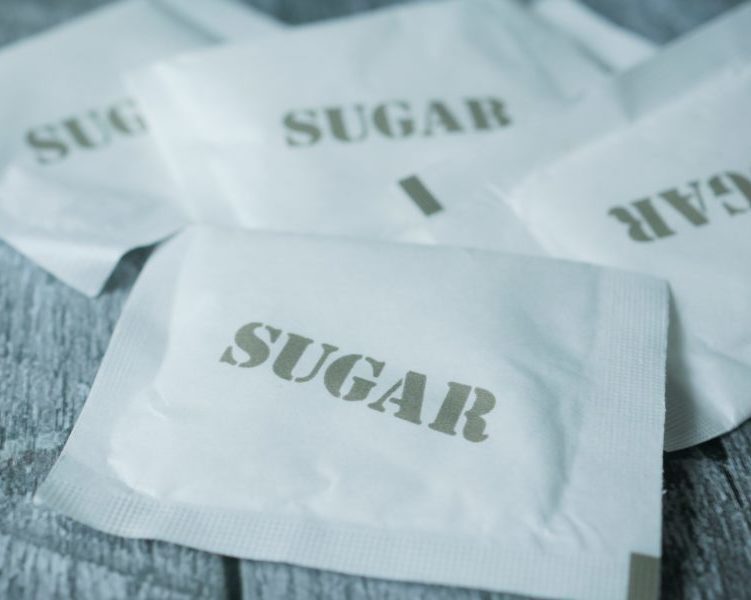Using non-sugar sweeteners
WHO on non-sugar sweeteners
“Replacing free sugars with NSS does not help with weight control in the long term. People need to consider other ways to reduce free sugars intakes. An example is consuming food with naturally occurring sugars, like fruit, or unsweetened food and beverages,” says Francesco Branca, WHO Director for Nutrition and Food Safety.
He added “NSS are not essential dietary factors and have no nutritional value. People should reduce the sweetness of the diet altogether, starting early in life, to improve their health.”
The recommendation applies to all people except individuals with pre-existing diabetes. It includes all synthetic and naturally occurring or modified non-nutritive sweeteners that are not classified as sugars. These would be found in manufactured foods and beverages, or sold on their own to be added to foods and beverages by consumers. Common NSS include acesulfame K, aspartame, advantame, cyclamates, neotame, saccharin, sucralose, stevia and stevia derivatives.
Using non-sugar sweeteners does not help with weight control
The recommendation does not apply to personal care and hygiene products containing NSS. This refers to products like toothpaste, skin cream, medications, or low-calorie sugars and sugar alcohols (polyols). The latter are sugars or sugar derivatives containing calories and are therefore not considered NSS.
 Because the link observed in the evidence between NSS and disease outcomes might be confounded by baseline characteristics of study participants and complicated patterns of NSS use, the recommendation has been assessed as conditional, following WHO processes for developing guidelines. This signals that policy decisions based on this recommendation may require substantive discussion in specific country contexts, linked for example to the extent of consumption in different age groups.
Because the link observed in the evidence between NSS and disease outcomes might be confounded by baseline characteristics of study participants and complicated patterns of NSS use, the recommendation has been assessed as conditional, following WHO processes for developing guidelines. This signals that policy decisions based on this recommendation may require substantive discussion in specific country contexts, linked for example to the extent of consumption in different age groups.
READ MORE: World Health Organization
The WHO guideline on NSS is part of a suite of existing and forthcoming guidelines on healthy diets. The documents aim to establish lifelong healthy eating habits and improve dietary quality. At the same time, its aim is to decrease the risk of NCDs worldwide.
THE ARTICLE ABOVE WAS PUBLISHED BY THE WORLD HEALTH ORGANIZATION


